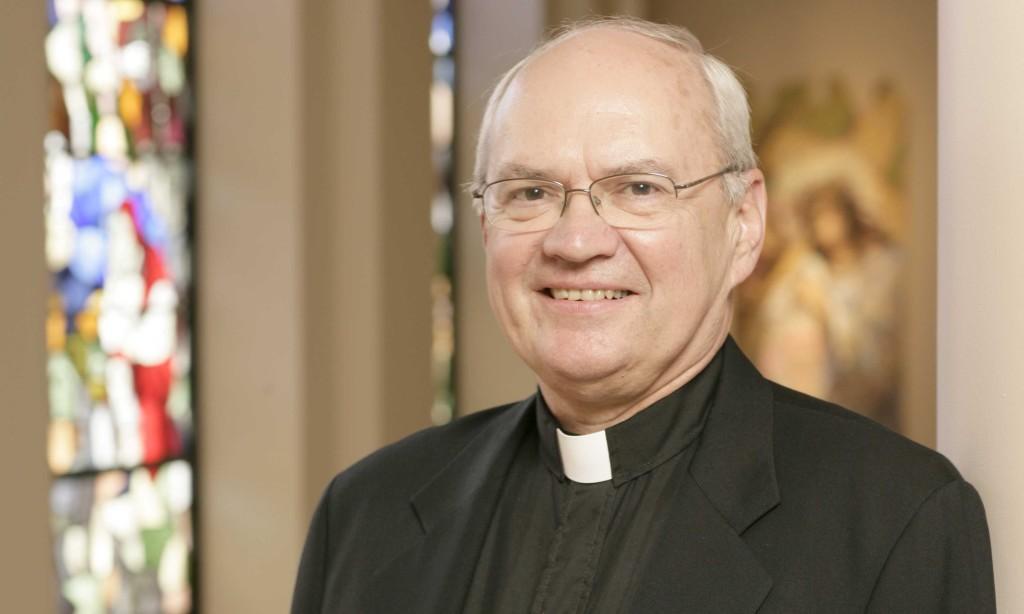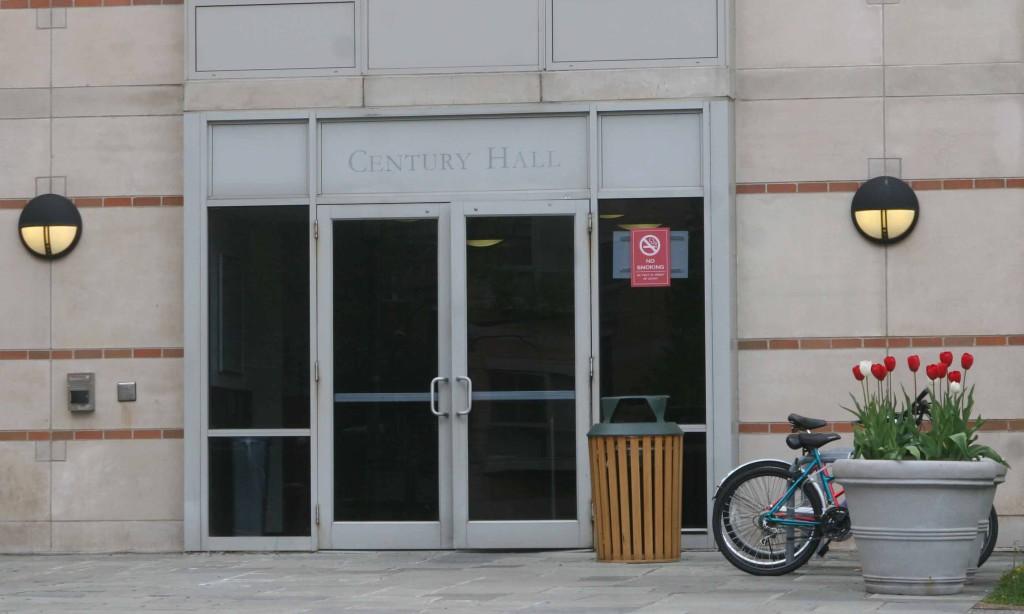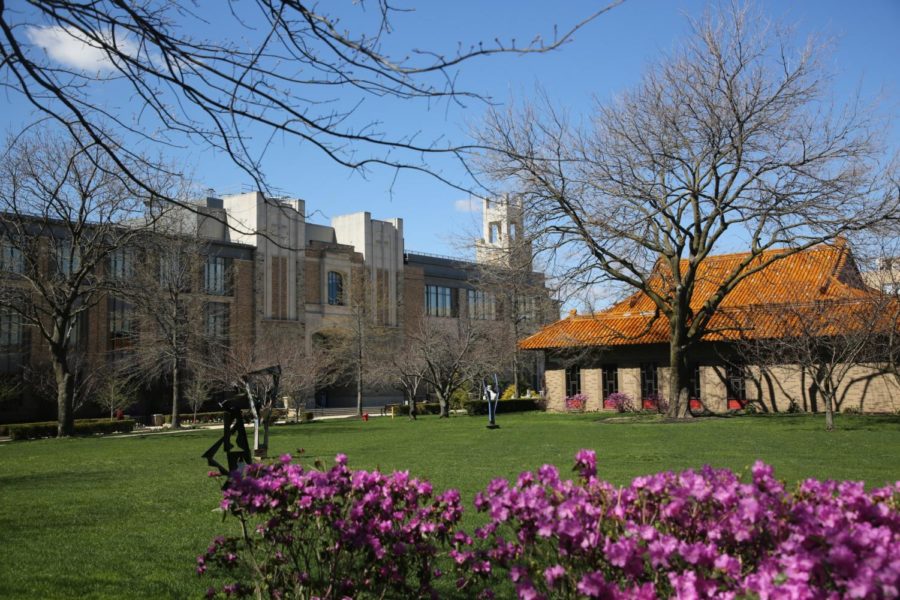Rev. Donald J. Harrington’s decision to retire as President of the University has not diminished the University faculty’s pursuit for transparency concerning the Board of Trustees’ ongoing investigation involving the roles of Harrington and his chief of staff, Robert Wile, in the Cecilia Chang embezzlement scandal.
Several of the 66 faculty members who attached their name to a letter directed to the Board of Trustees last month requesting openness regarding its independent review of the alleged financial improprieties told the Torch they still stand by that message.
“I think transparency in this matter is of the utmost importance,” said Dr. Dolores Augustine, one of the five professors who created the letter. “The University should do everything it can to promote the trust of students, faculty and alumni.”
The letter was delivered to Harrington’s office on April 11.
The professors who spoke with the Torch in the wake of Harrington’s decision to retire signaled that their foremost concern hasn’t changed – they want clarity from the Board of Trustees’ investigation regarding all the events that led to the embezzlement trial of Cecilia Chang.
“I think we can respect Fr. Harrington’s desire to retire quietly at this point,” Dr. Jeffrey Kinkley, a professor of history, said. “The faculty is expecting to have some answers from the Board of Trustees about the whole situation that has developed.”
Dr. Gregory Maertz, a professor of English, said he is troubled by the prospect of Harrington’s retirement potentially allowing the Board of Trustees to terminate the investigation before it is completed. (A University spokesman declined to say what will become of the Board of Trustees’ investigation.)
“The only way we can prove any claims about the behavior of the Reverend Harrington or Rob Wile is if the whole report is released,” Maertz said. “There is concern that the University administration will take advantage of the Harrington/Wile resignations to sweep the whole matter under the rug.”
Dr. Robert Tillman, a professor of sociology, acknowledged that he is concerned with the possibility of the investigation being masked by Harrington’s decision to retire, but he made clear that one of the issues that he wanted the University to recognize is the culture that has defined St. John’s over the years.
“It appears to me that the problems go far beyond Fr. Harrington and reflect a much larger culture of corruption that has existed at St. John’s for some time,” he said. “I would hope that a thorough discussion of this culture and its origins would come out of the investigation. But I suspect that is asking too much.”
Maertz also shed light on what he believes has defined the University’s culture.
“It appears that under the leadership of the Reverend Harrington, there emerged a culture of theft at the highest level under the University administration,” he said.
The faculty members that spoke with the Torch also said that they have had little dialogue with the Board of Trustees since they submitted their letter seeking transparency.









